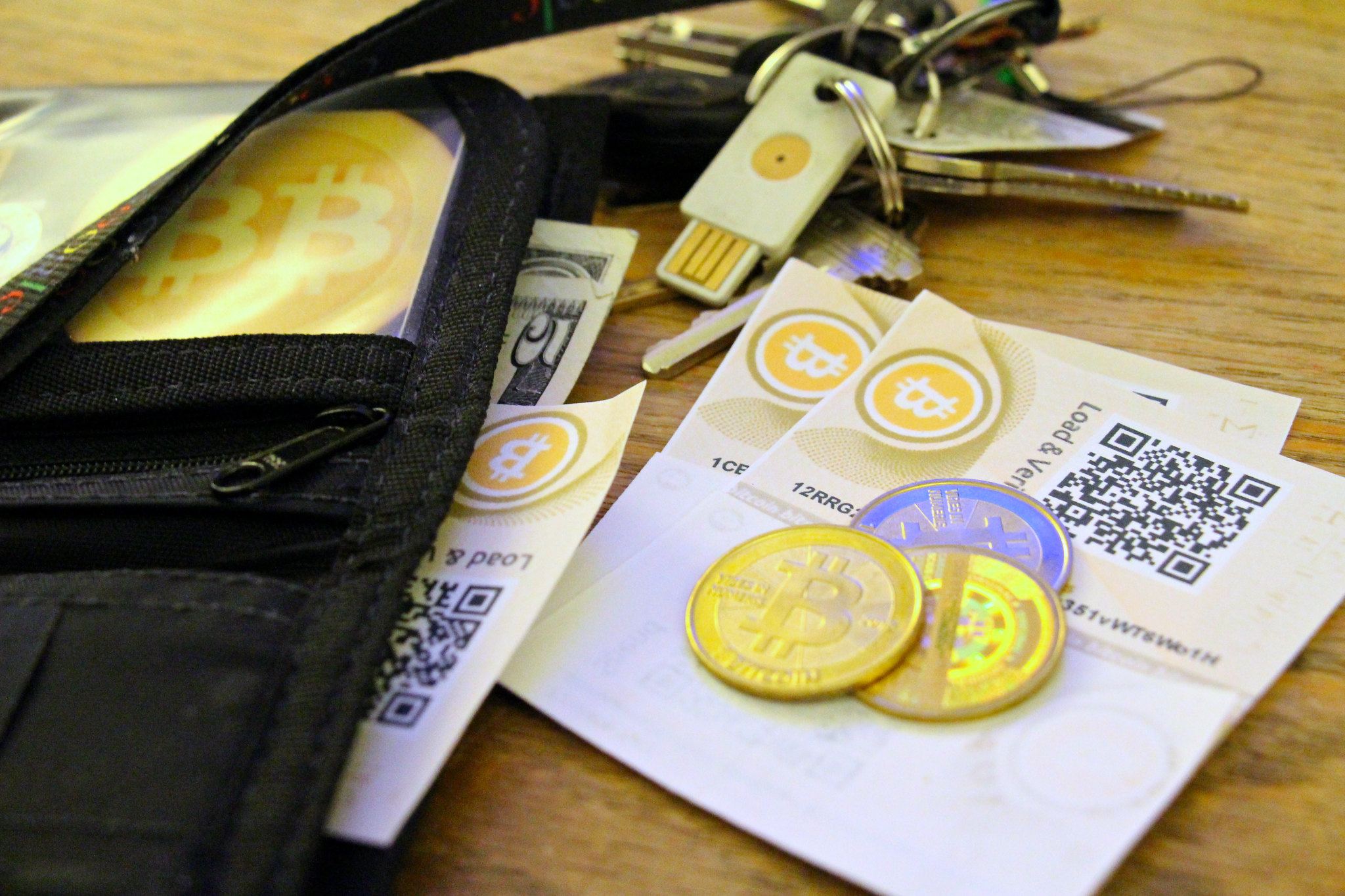
Vietnamese commercial banks began deleting more than 86 million bank accounts at the start of September 2025, a move that has brought renewed attention to the value of self-custody and bitcoin.
Vietnam’s mass account closures
According to the State Bank of Vietnam, the purge targeted accounts lacking biometric verification or flagged as inactive, leaving 113 million of the country’s estimated 200 million accounts active.
The changes stem from new regulations requiring mandatory biometric checks—such as face scans—for both account opening and certain online transactions.
Foreign residents have reportedly faced added difficulties, as in-person authentication is required and remote options are limited.
International precedent for sudden freezes
Vietnam’s move is not isolated.
In 2022, some Chinese rural banks froze depositor funds without warning, while in the United States, banks and law enforcement regularly freeze assets during investigations.
In the UK, “Account Freezing Orders” and anti-money-laundering rules can result in sudden account closures for compliance reasons.
A notable example occurred in Canada in 2022, when authorities used emergency powers to freeze both bank and bitcoin accounts linked to protestors, often without judicial review.
Risks of centralized finance
Authorities argue these measures deter fraud and financial crime, but critics say they expose the risks of centralized control.



